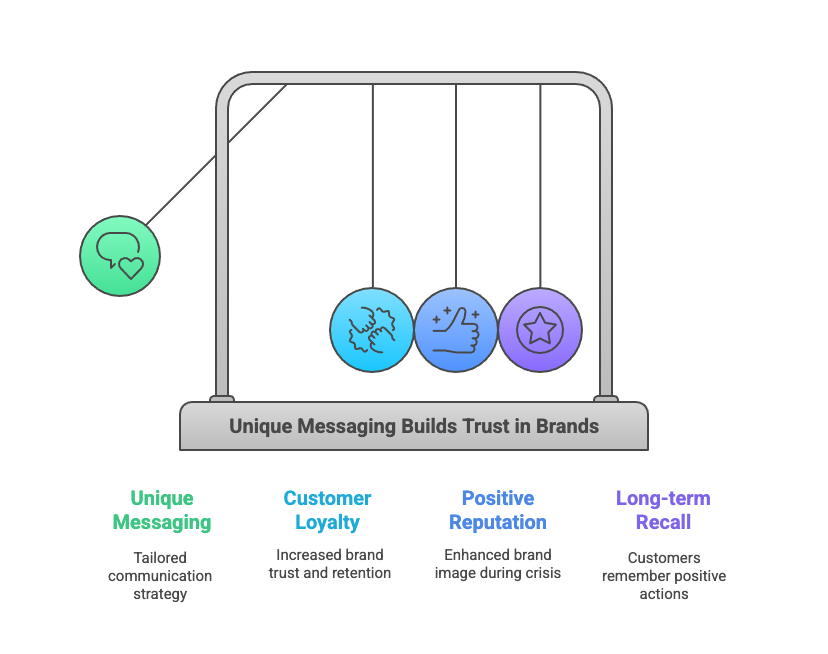No one could have predicted this.
In just a few short months, the coronavirus has changed society. Distributed work and delivery services have never been more important, and all over the world, people struggle to cope with an uncertain future, one marked by isolation, unstable finances, and a spreading pandemic. Businesses have either suspended their marketing or pivoted hard.
At this point, you may be wondering which option you should go with. Specifically, should you make a more focused effort to connect with your clientele, or simply wait and hope you can weather the storm? Furthermore, should your business engage directly with COVID-19, or instead simply leave it alone?”
To answer that question
You first need to understand how the pandemic has changed consumer behavior, and how it might impact your business’s own audience.
“With social distancing keeping many people at home, we’re also seeing major shifts in behavioral trends,” writes Janet Balis, Global Advisory Leader for Media & Entertainment and Americas Marketing Consulting Leader at professional services firm Ernst & Young LLP.
“[Consumers are] seeking more in the way of escapism and entertainment — downloading gaming apps, spending even more time on social media, and streaming more movies and scripted programming… Meanwhile, the need for physical goods is placing pressure on new channels, with demand for e-commerce rising to new levels.”
The most important thing, notes Balis, is that you avoid being commercially exploitative. Transparency and authenticity are more important than ever, as is knowing your business’s own limitations. Be honest with your customers. Tell them how the coronavirus has impacted your business. Explain its effect on your supply chain. Don’t make promises you can’t keep.

More importantly
Don’t be tone-deaf. Too many brands are attempting to hop on the coronavirus bandwagon with generic messages about how we live in such uncertain times, and how much they care. Your message matters to employees and customers. It must be unique to your business. Show them you care. Explain why you care. Detail what you are doing to help.
It is also critical, notes Balis, that if you engage with COVID-19, you ensure your business is associated with the pandemic in a positive light. What she means by that is quite simple. First, consider offering extended trials of your products and services.
For example, consider software providers. They might offer free access to premium products. While in the short-term this may seem like it will result in lost revenue, people will remember what you did. You may also consider donating a portion of each sale to a good cause, such as supporting frontline care workers or essential service employees.
What will happen in the future? It’s hard to say. The lasting impact of COVID-19 is still unknown. What matters at the end of the day is what you do now. Enable remote work for your employees. Help your customers deal with this situation. It’s unprecedented, by all accounts.



